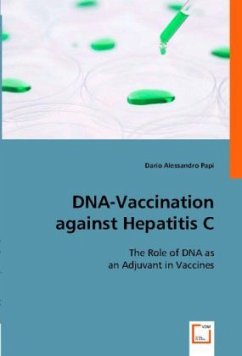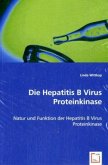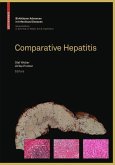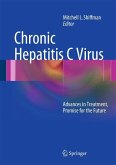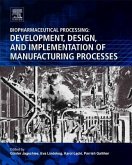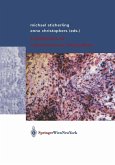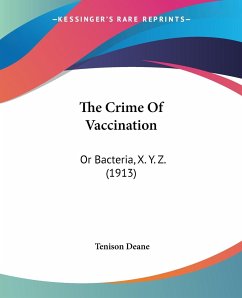The aim of this work was to develop a vaccination strategy against hepatitis C virus (HCV), which should induce the double benefit of an antibody production and a T cell immune response. The T cell response and the antibody production were examined in different mouse strains after immunization with a DNA-vaccine, which leads to expression of a protein, and compared with the T cell response after immunization with the protein. Immunization with DNA alone did not induce antibody production, but was responsible for a high production of IFN-? in all mouse strains. The immunization with protein showed the opposite pattern. In all mouse strains a high antibody production was observed, but no relevant T cell response could be detected. The future aim will be to obtain an ideal double benefit from a vaccine, and eventually to enhance the effect observed in this work by using other adjuvants and/or other antigens of the HCV.
Bitte wählen Sie Ihr Anliegen aus.
Rechnungen
Retourenschein anfordern
Bestellstatus
Storno

